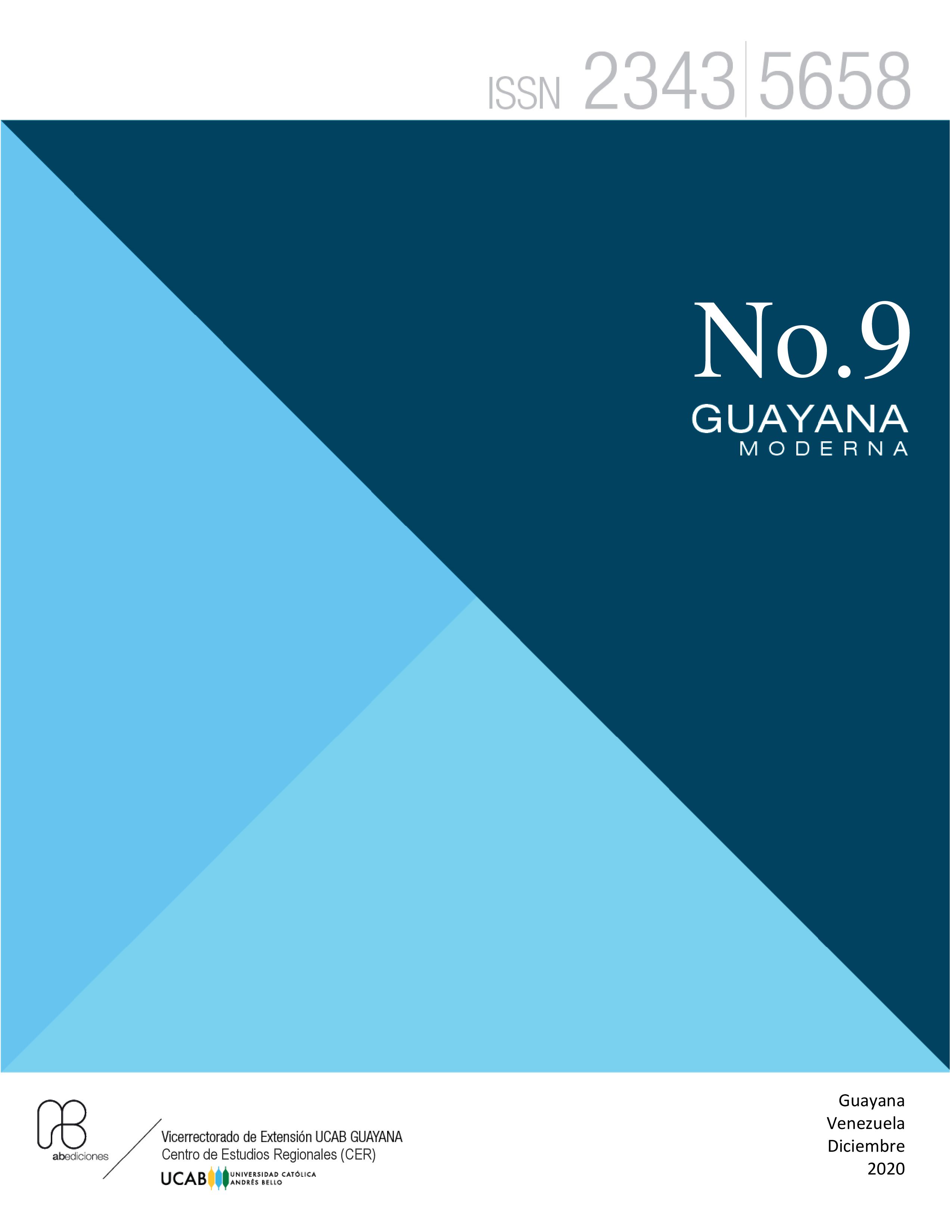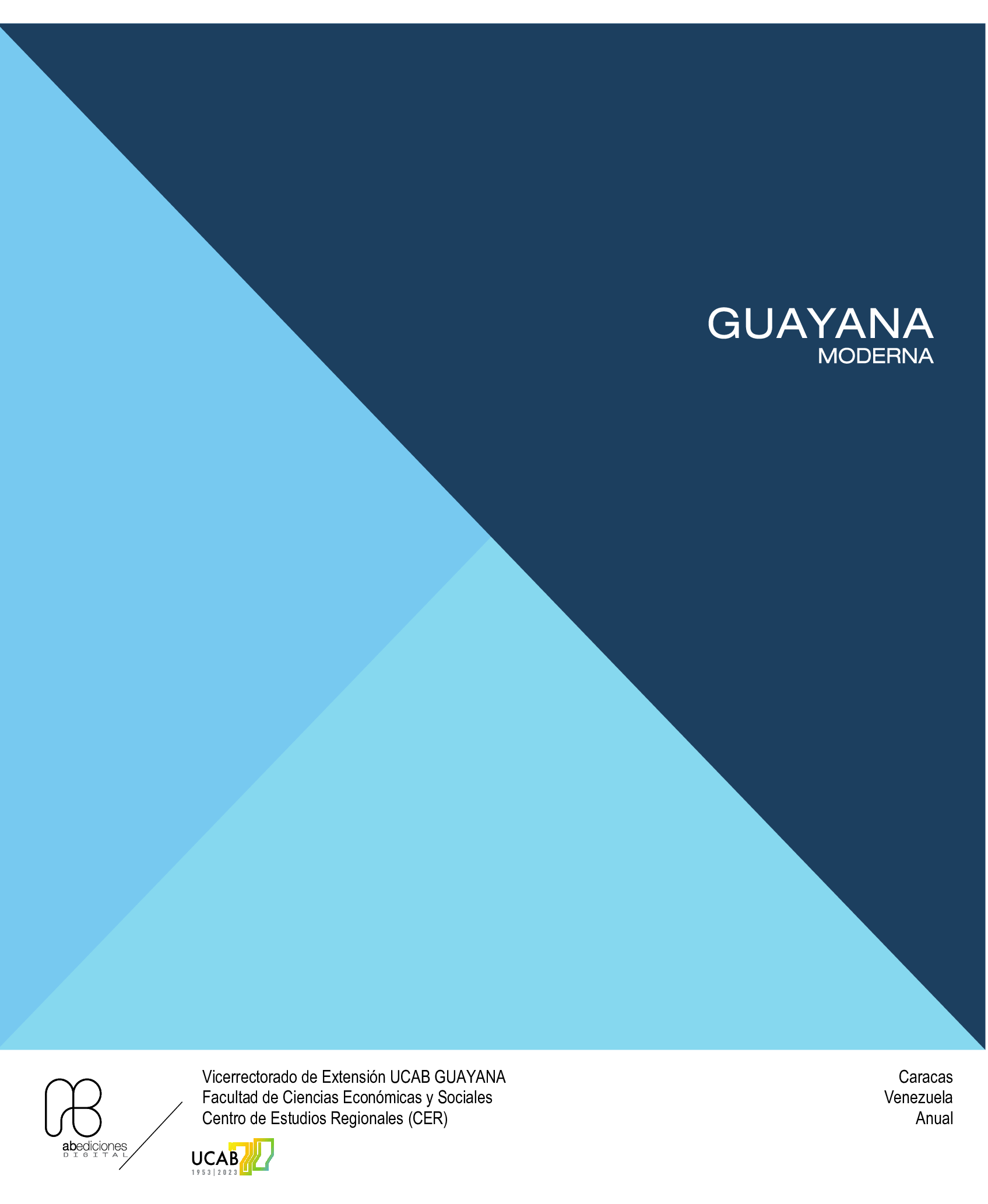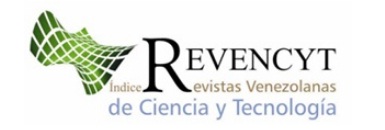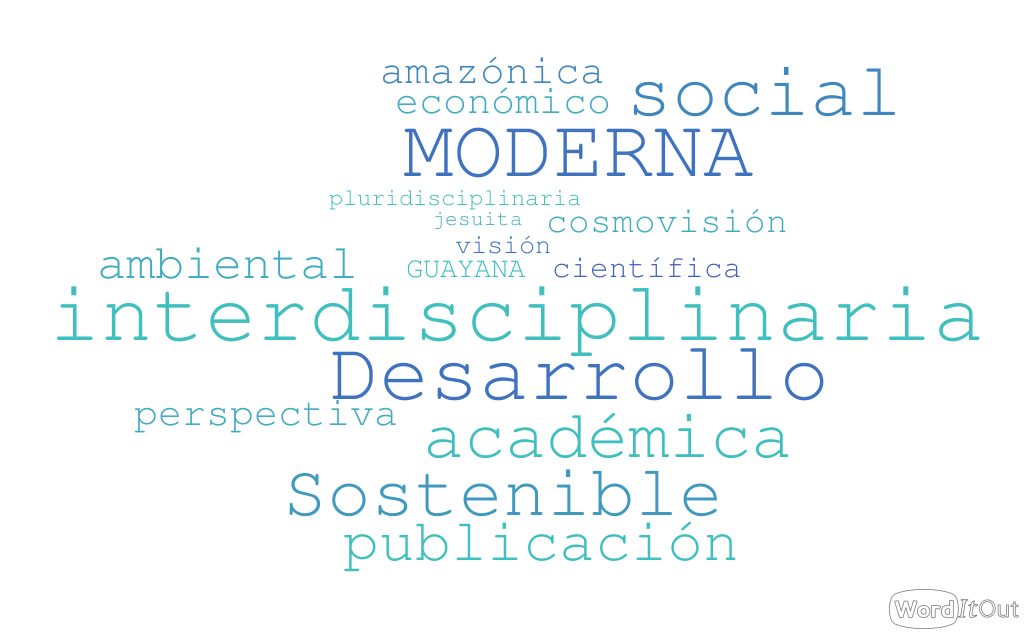Education and Democracy. Keys to sustainable environmental performance
DOI:
https://doi.org/10.1234/gm.v9i9.5436Abstract
A study is presented where the causal relationship between the Environmental Performance Indices (EPI) for its acronym in English, and those corresponding to Education and Democracy was considered. The population under study consisted of 180 countries, in which EPI was measured. A stratified random sample was selected, with a significance level of 5% and an estimation error of 0.6, resulting in a sample of 61 countries, 31 with democratic regimes and 30 authoritarian or hybrid. A hypothesis test for the difference of means, with a significance level of 5%, showed that countries with democratic systems present higher EPI values compared to non-democratic ones. Likewise, a multiple regression analysis showed a close linear relationship between the EPI indices and the Education and Democracy indices, in countries with democratic regimes, this relationship not being conclusive in countries with authoritarian or hybrid systems. The study concludes considering that the only way to aspire to have a high Environmental Performance Index, and therefore, sustainable development, is through the extension of democracy in all countries, being that, today 50%, respond to authoritarian or hybrid systems, far removed from a democratic system.
Keywords: Environmental Performance, Education Index, Democracy Index, Authoritarianism, Multiple Regression Analysis.








